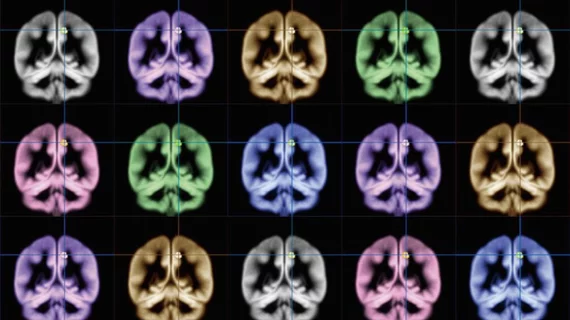Multi-university study on brain aging, Alzheimer’s receives $19M grant
A collection of universities will receive nearly $19 million over five years to complete the fourth stage of a large-scale study focused on understanding genetic and environmental influences on the brain and aging.
The Vietnam Era Twin Study of Aging or VETSA was launched in 2002, and currently has more than 1,600 identical and fraternal male twins enrolled, each with military service. Beginning in middle age, individuals receive cognitive and sensory testing every few years, along with biomedical and psychosocial functioning assessments. A subset of participants also undergoes MR imaging.
Funding comes by way of the National Institute on Aging and will support ongoing research involving behavioral genetic studies of cognition, aging, and the risk for mild cognitive impairment and Alzheimer’s disease, says Carol E. Franz, PhD, one of the three principal investigators of VETSA 4.
“Because it is now well known that the pathological process of AD begins as much as 20 years before onset of dementia, there has been a major focus on early identification of risk as the key to slowing or preventing disease progression,” said Franz, co-director of the Center for Behavior Genetics of Aging at UC San Diego School of Medicine. “With its baseline in midlife, the VETSA is in many ways ideally suited for advancing the goal of early identification.”
And that’s one of VETSA’s key strengths. Researchers have cognitive ability test scores going back to participants’ military service when they were in their 20s. Now the average age of these twins is 74 years, and the team expects to see a marked increase in cognitive decline and development of MCI and AD.
“The potential value of this ongoing project for contributing to our understanding of risk for later life cognitive decline and dementia is only likely to increase,” Franz noted.
Researchers with the University of California San Diego School of Medicine, Boston University and others are all involved in the longitudinal project.

